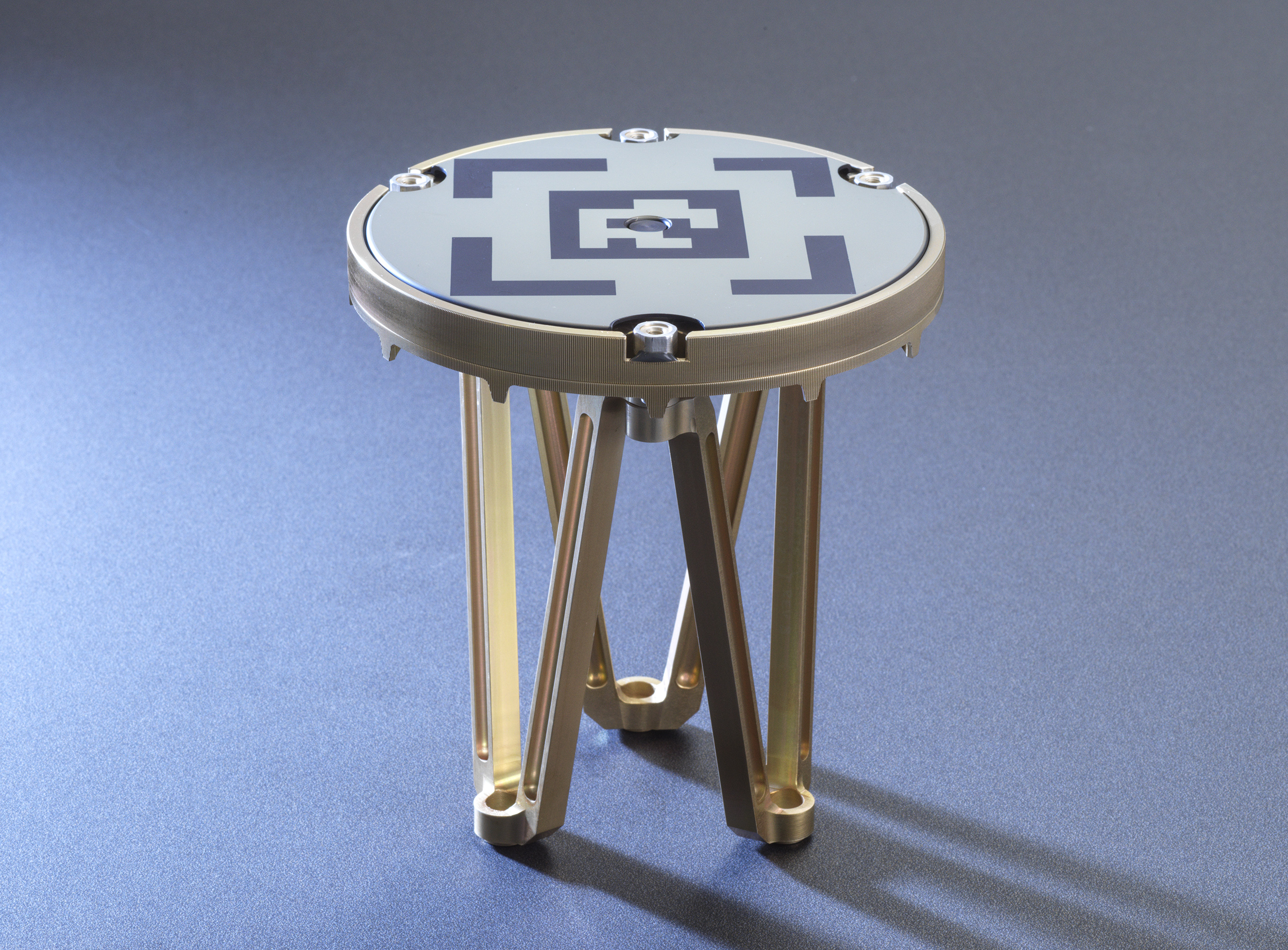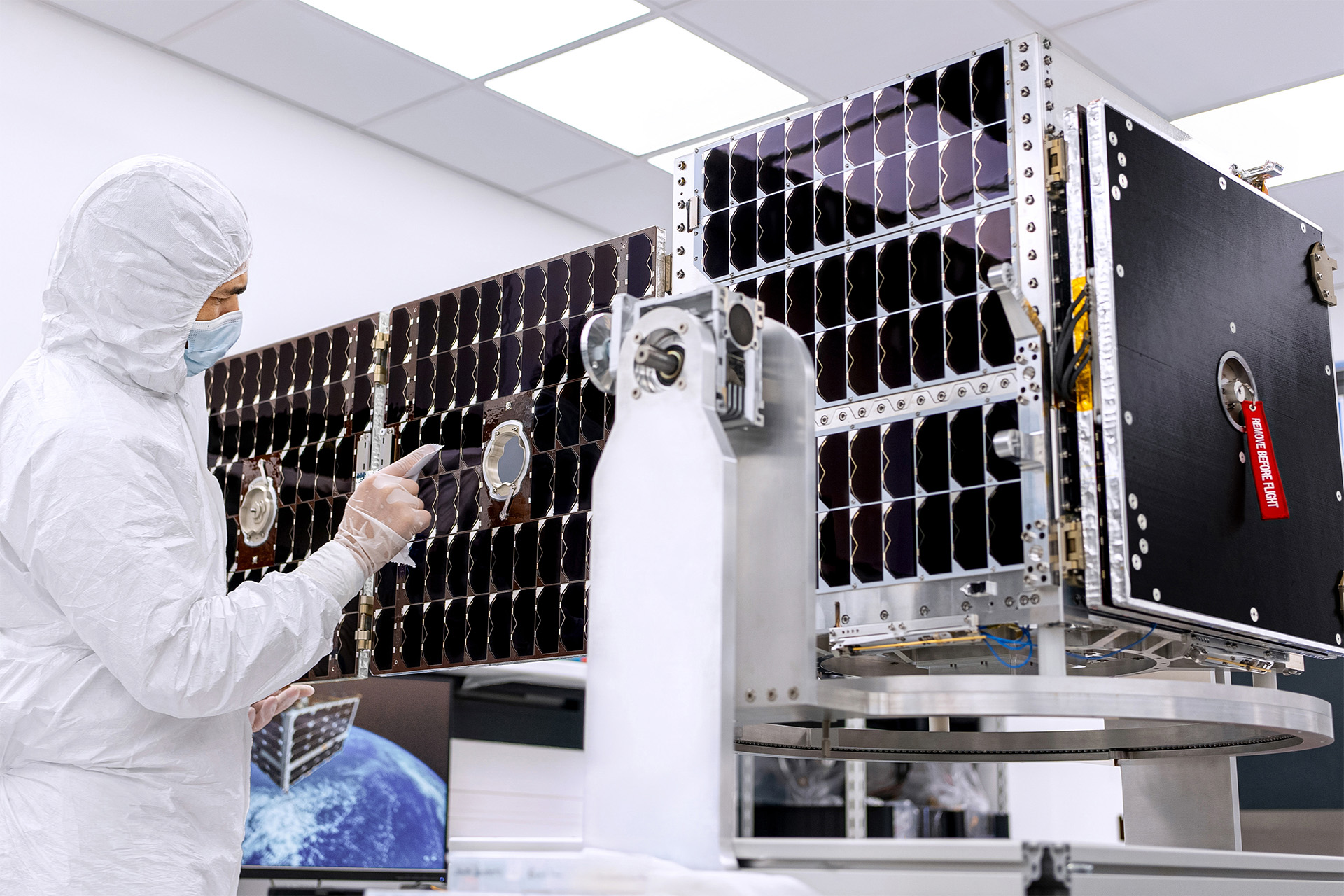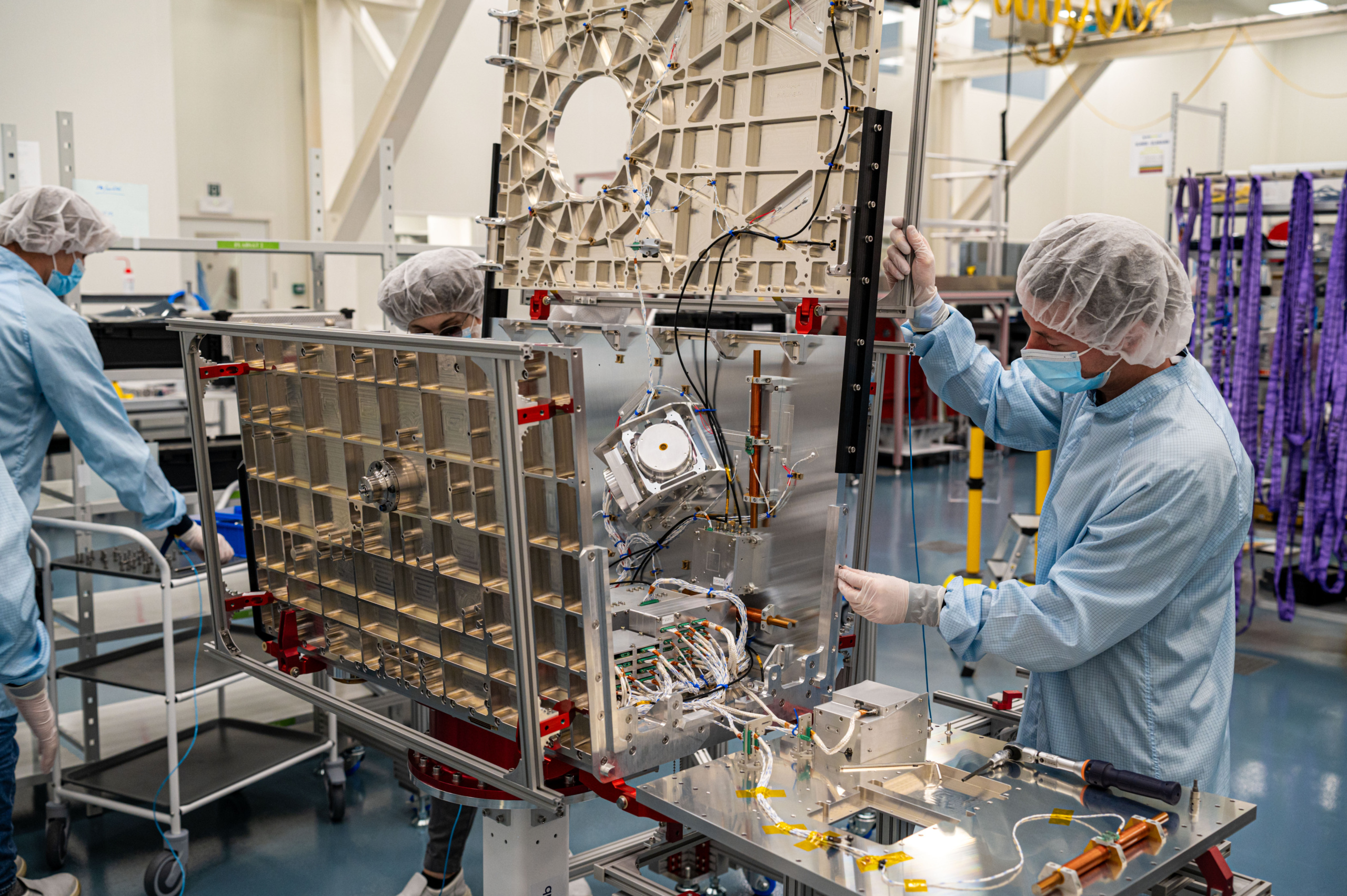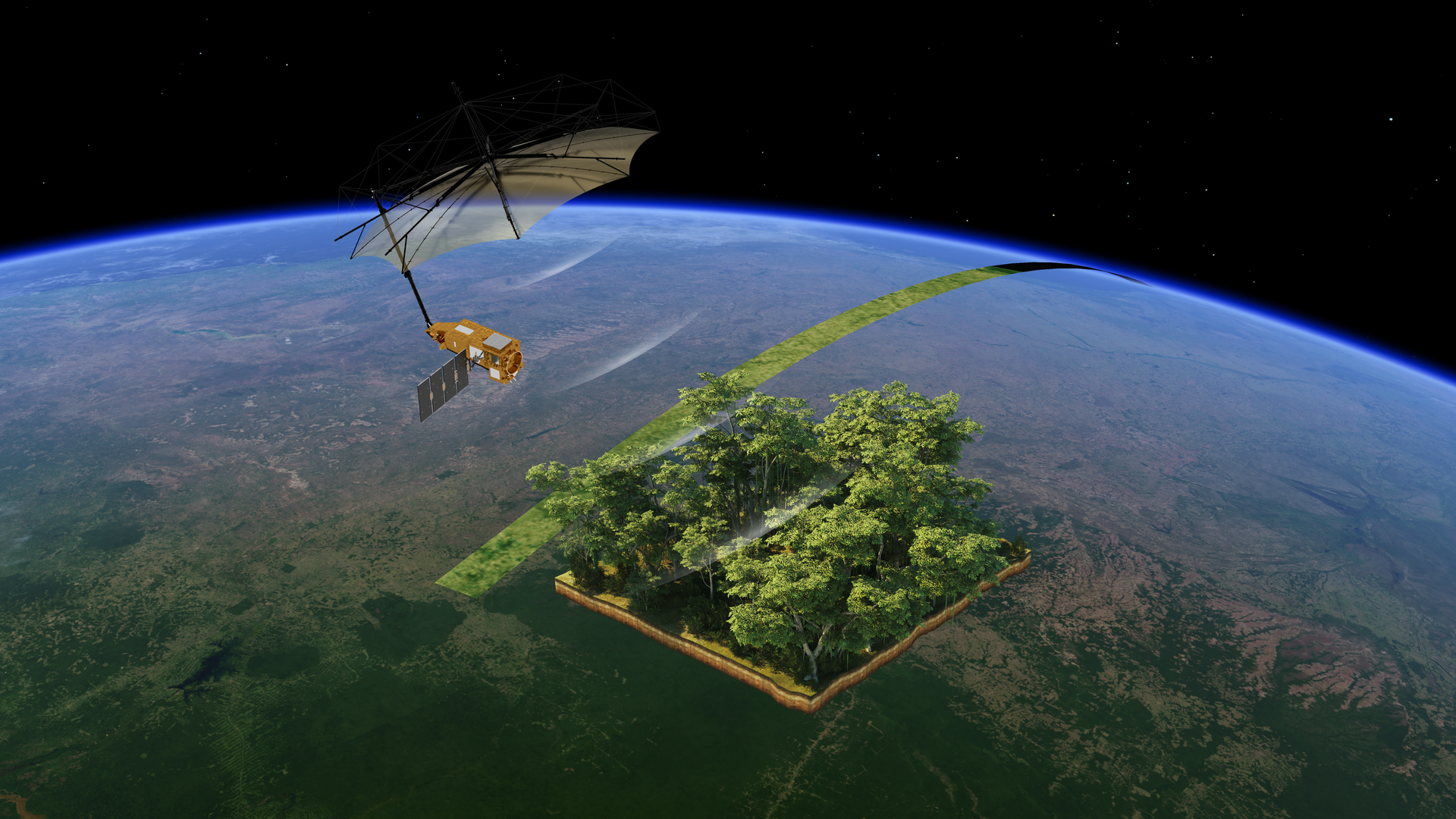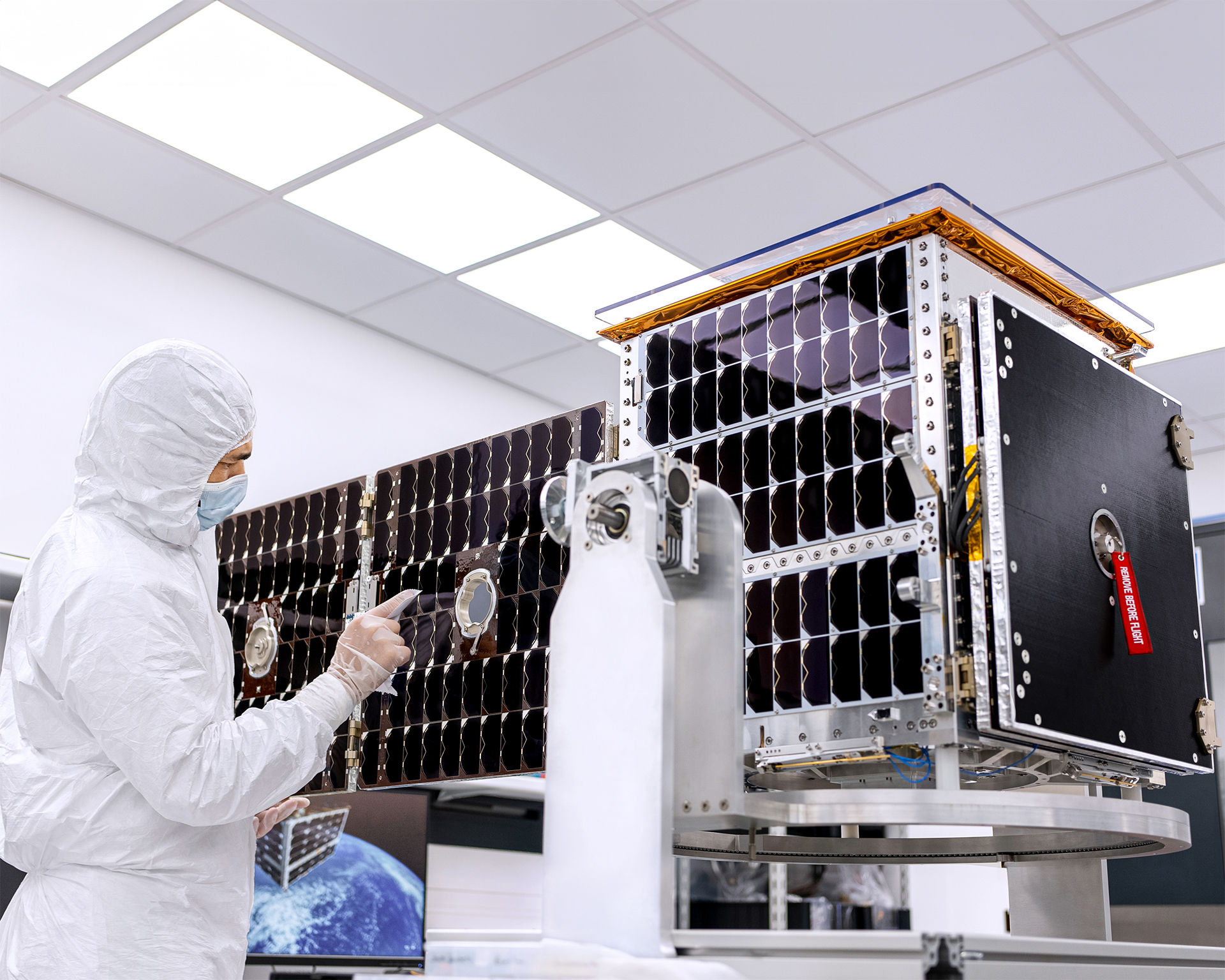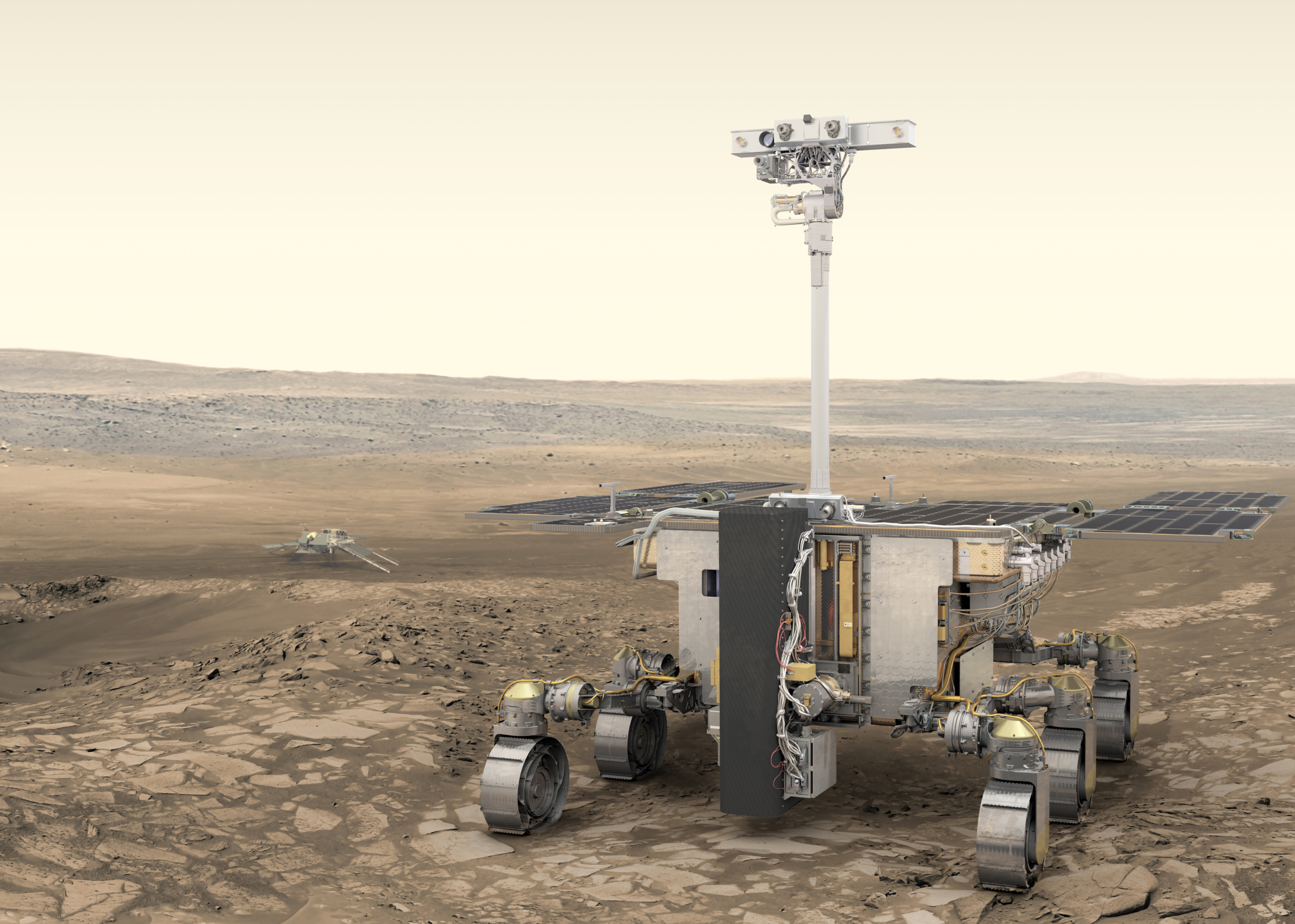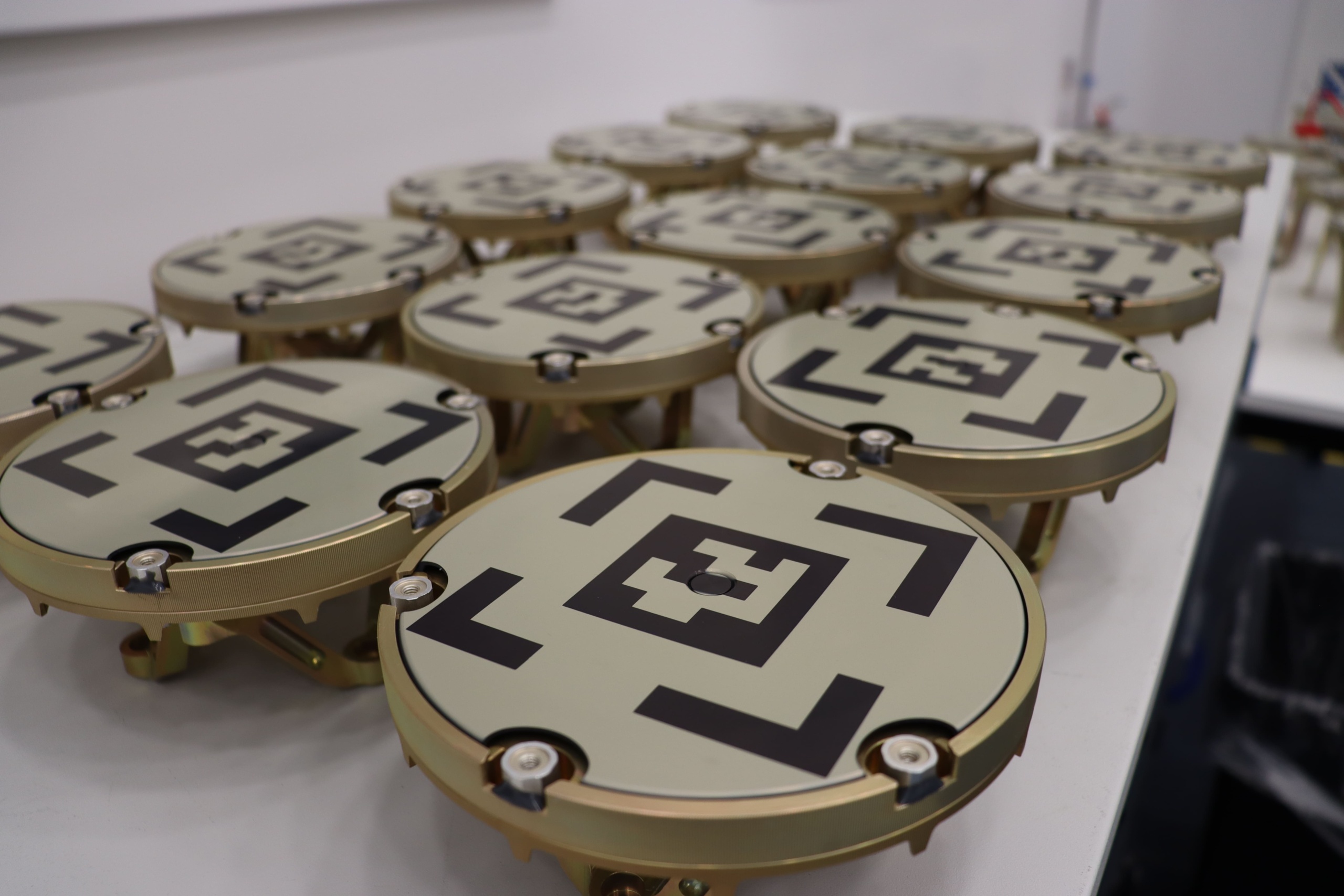Tereza Pultarova
UK to Invest Nearly £1M In In-Orbit Manufacturing
UKSA awarded contracts to three companies worth a combined $1.1M+ to advance in-orbit manufacturing.
Oman Sets Regulatory Framework For Lift Off
Oman’s Civil Aviation Authority (CAA) has approved a procedure to license space launches swiftly—a key milestone ahead of operations at the nation’s new Etlaq Spaceport.
New Partnership Aims to Make Semiconductors in Space
A new agreement between Space Forge and United Semiconductors LLC will aim to manufacture advanced semiconductors in space for future quantum computers and electronic devices.
SatVu, IHI Partner on Thermal Mapping Constellation
The smallsat constellation, which would likely be manufactured in Japan, would fall under a larger endeavor spearheaded by IHI to build out other types of EO satellite sensors.
Next-Gen PNT Constellation Commits to Sustainability
Xona Space Systems’ fleet of next-gen PNT sats will be fitted with docking plates supplied by in-orbit servicing firm Astroscale, to ensure the venture leaves no space trash behind.
NanoAvionics is Building a SAR Spysat for EU Defense Forces
The satellite, expected to launch in early 2026, will deliver radar imagery with submeter resolution that can reveal movements on the ground day and night, and in all weather conditions.
Xona Raises $92M For Unhackable PNT Constellation
Xona is one of many companies trying to solve PNT’s vulnerability problem.
Europe’s New Spacecraft to Map World’s Forests in 3D
Europe will launch a satellite to map the world’s forests in 3D, to hunt down illegal logging and track climate change by mapping how forests store carbon.
Lunar Cubesat Constellation to Search for Ancient Cosmic Signal
Blue Skies Space, a UK-based startup, will design a Moon-orbiting cubesat constellation to search for the oldest signal from the ancient universe.
NanoAvionics to Build Sats for SpinLaunch
The Lithuania-based company will build the satellites—which will be the first batch of a planned 1,200-satellite constellation—in its newly expanded production facilities in Vilnius.
Airbus to Build ExoMars Landing Platform
ESA has tapped Airbus to build a landing platform for Europe’s beleaguered ExoMars rover as the delayed mission hopes to reach Mars in 2030.
Airbus Buys First Batch of Astroscale Satellite Removal Docking Plates
The purchase marks the first large-scale order for Astroscale, which has flown two test missions demoing close-proximity operations and rendezvous and docking tech in LEO.



